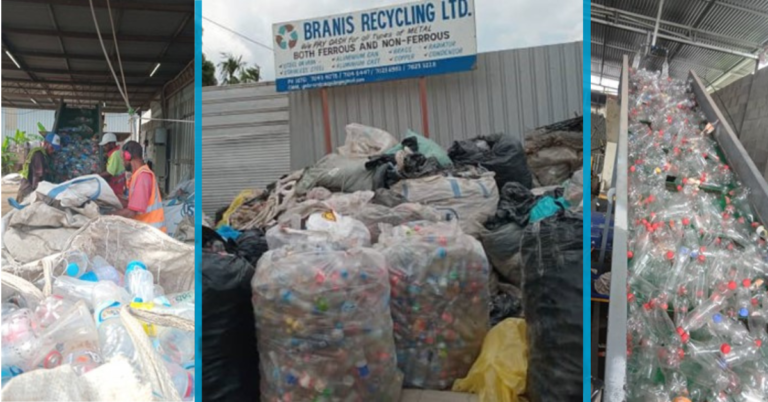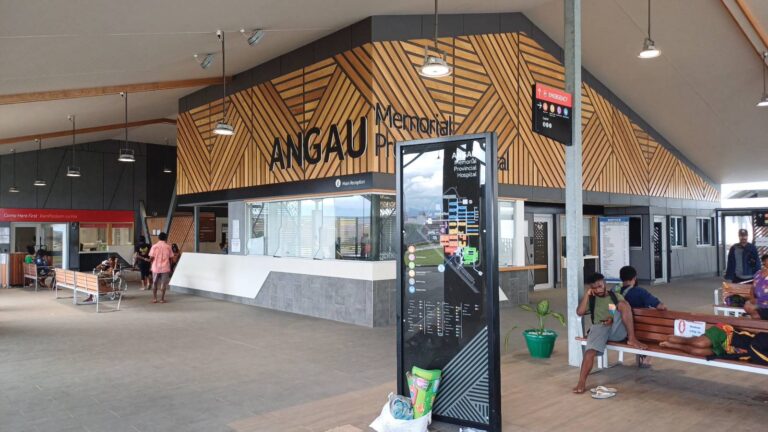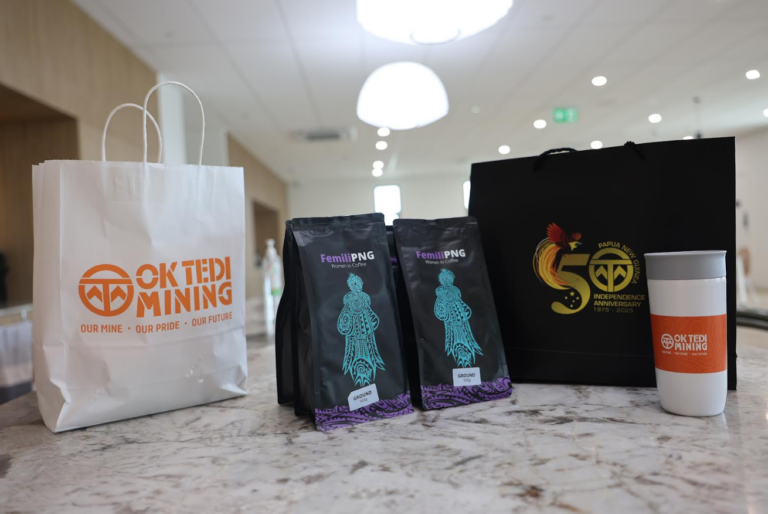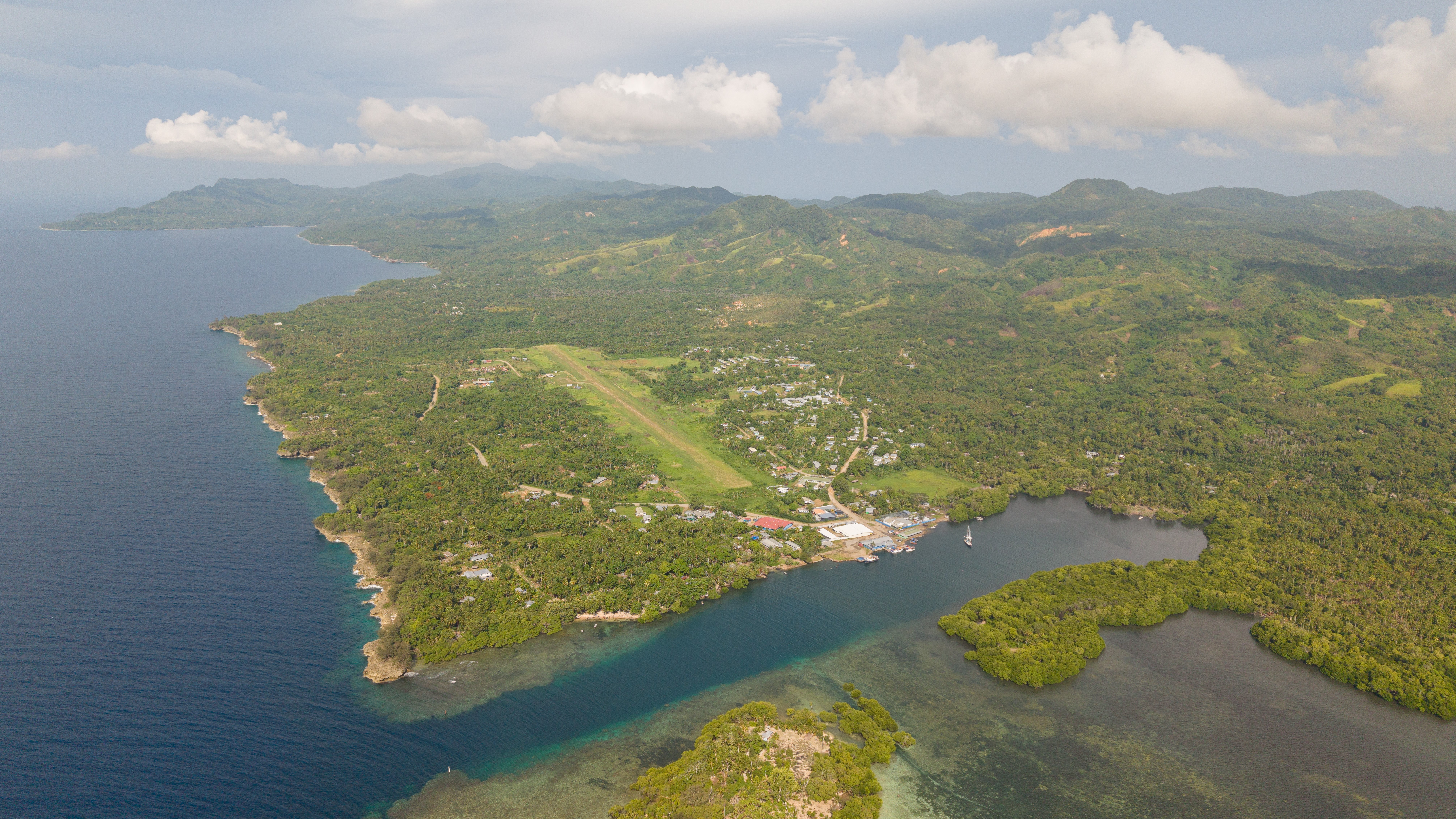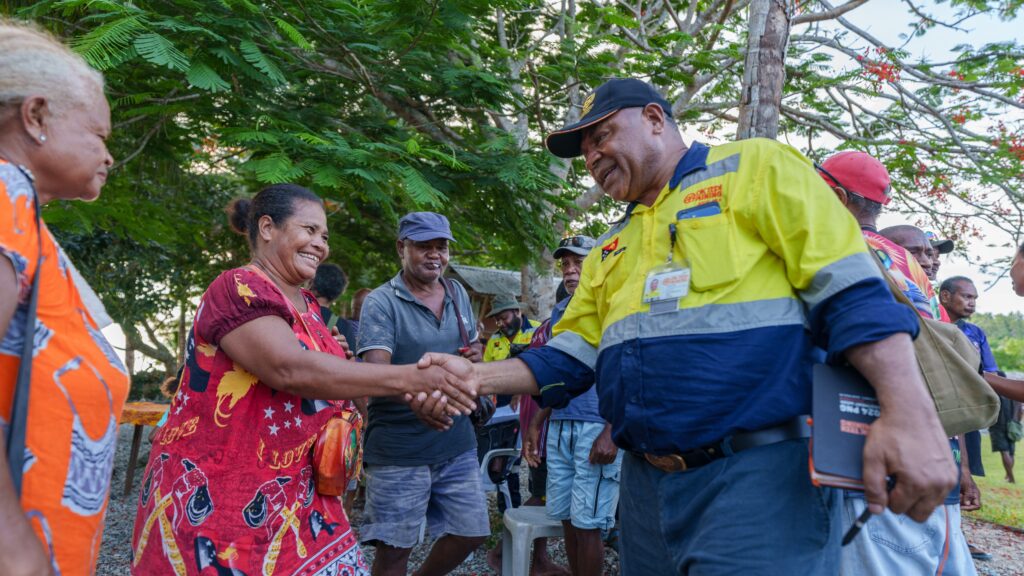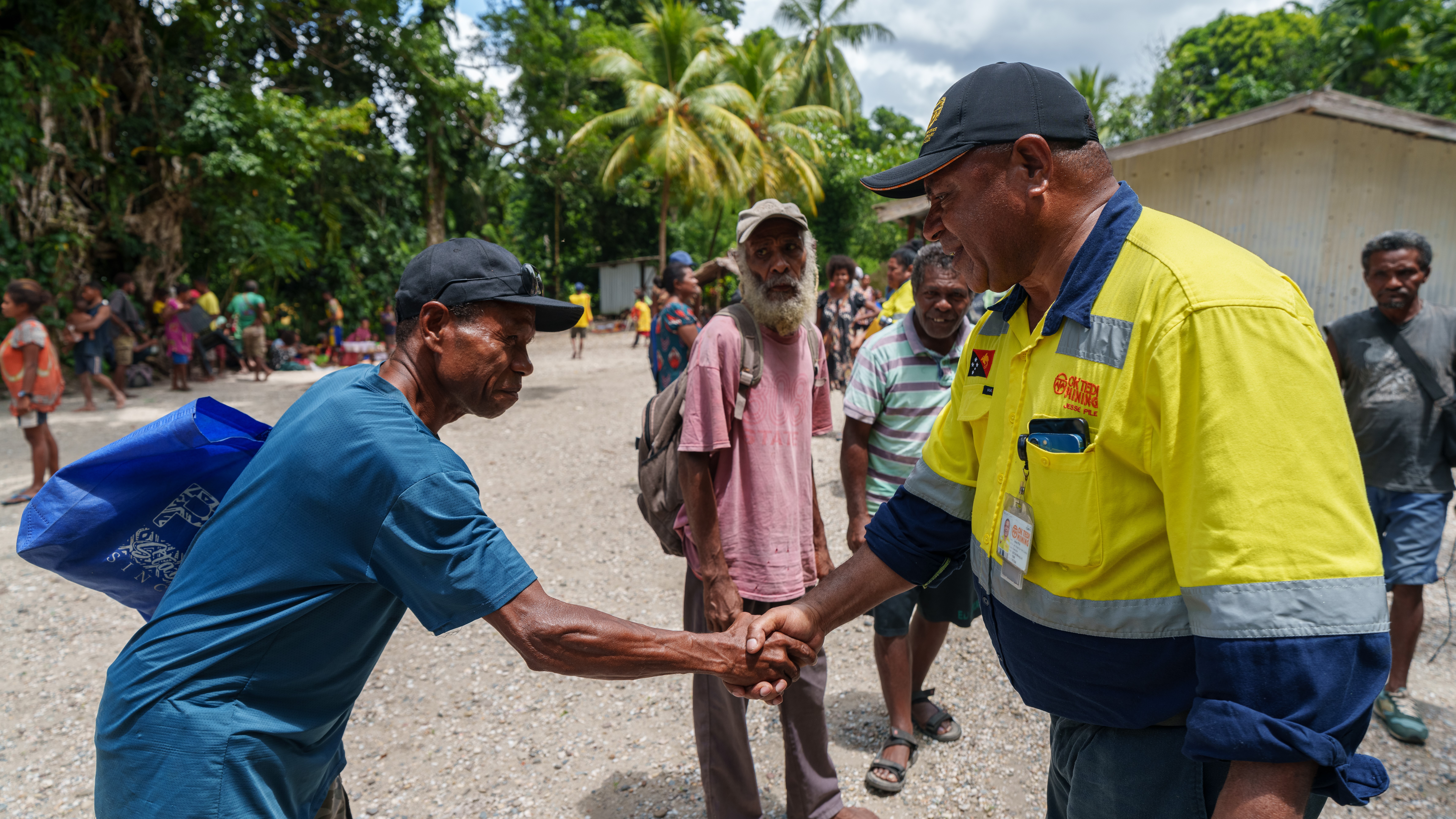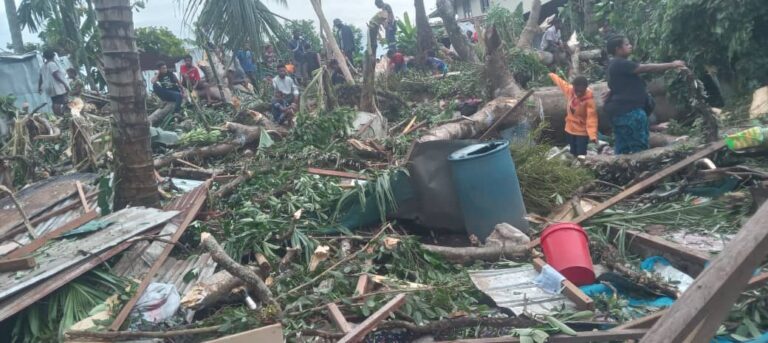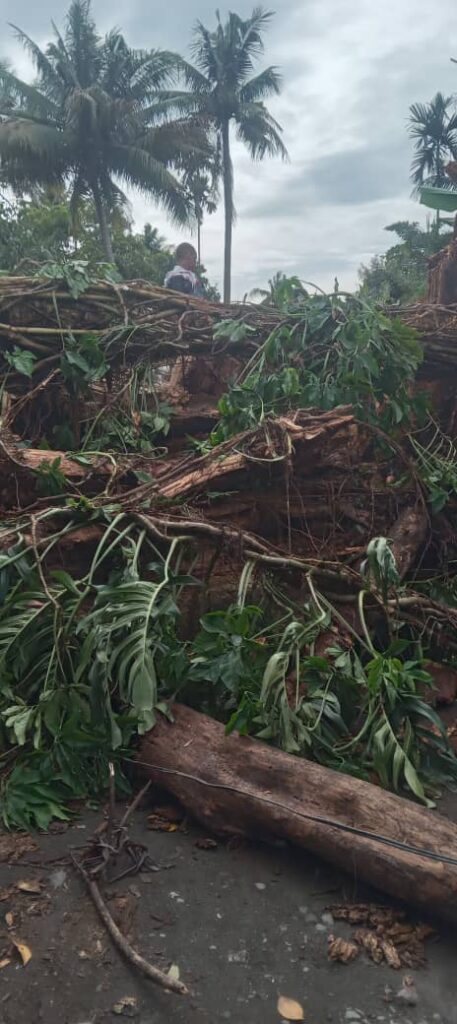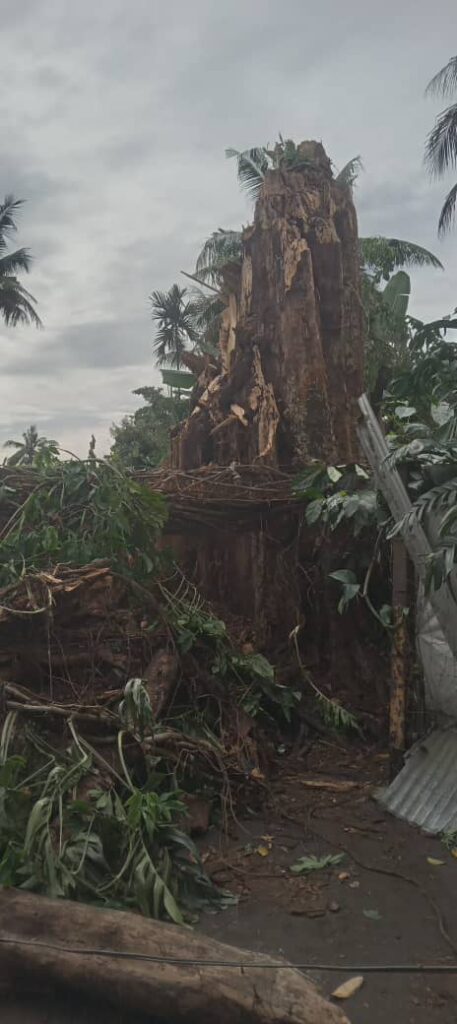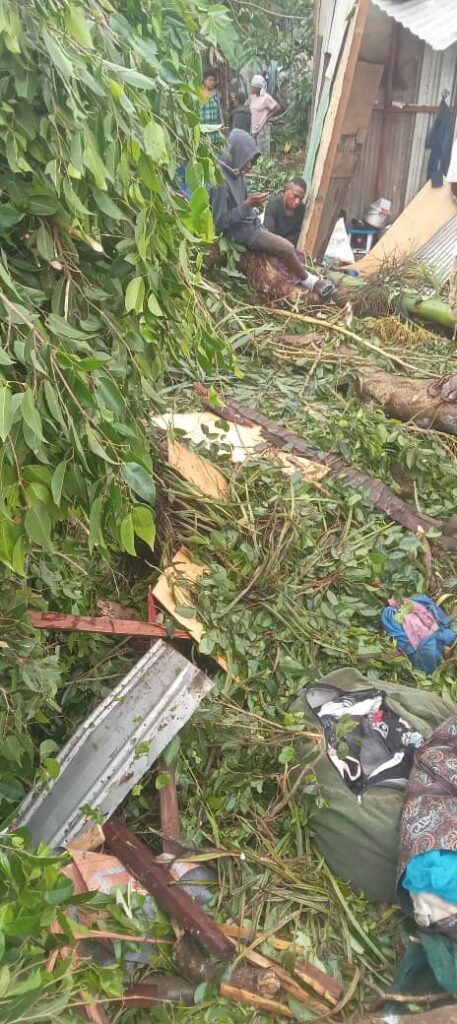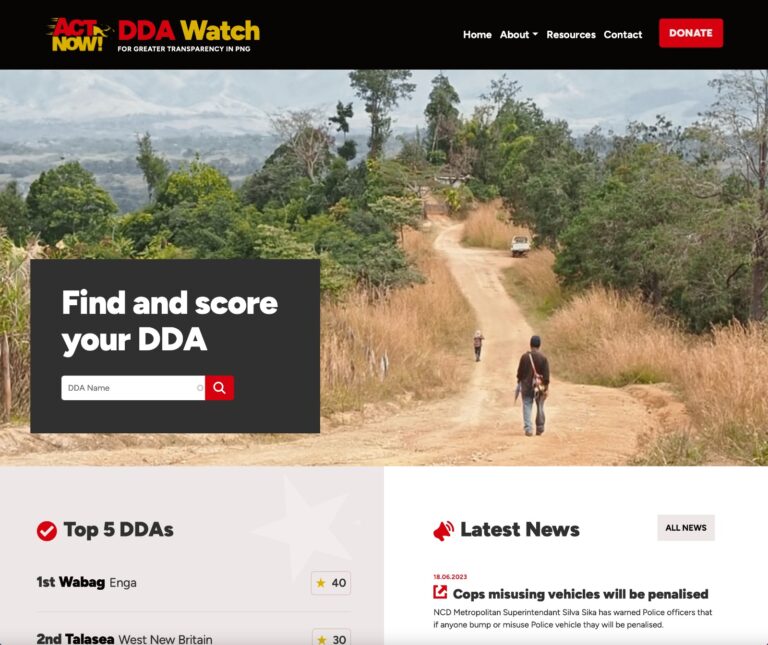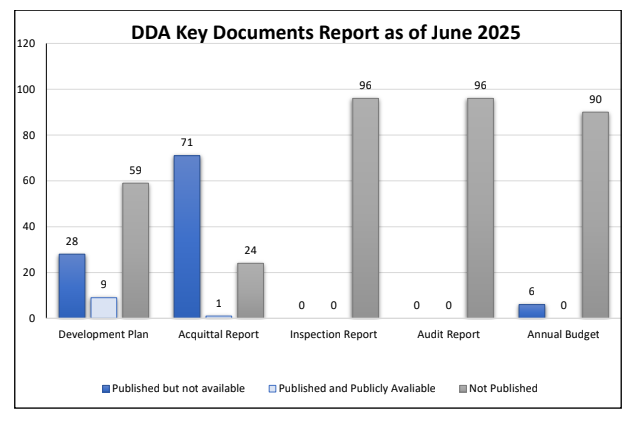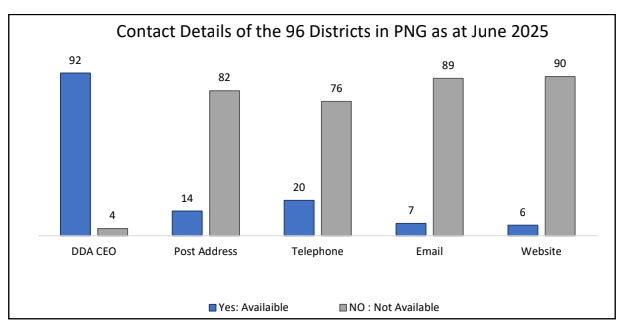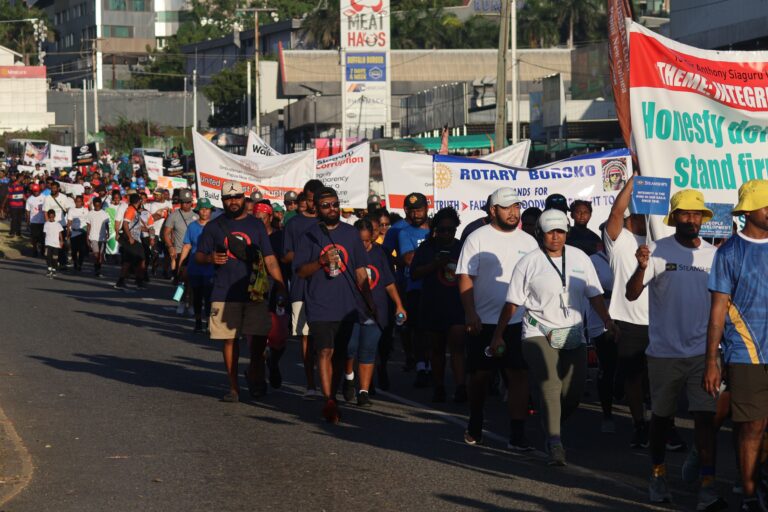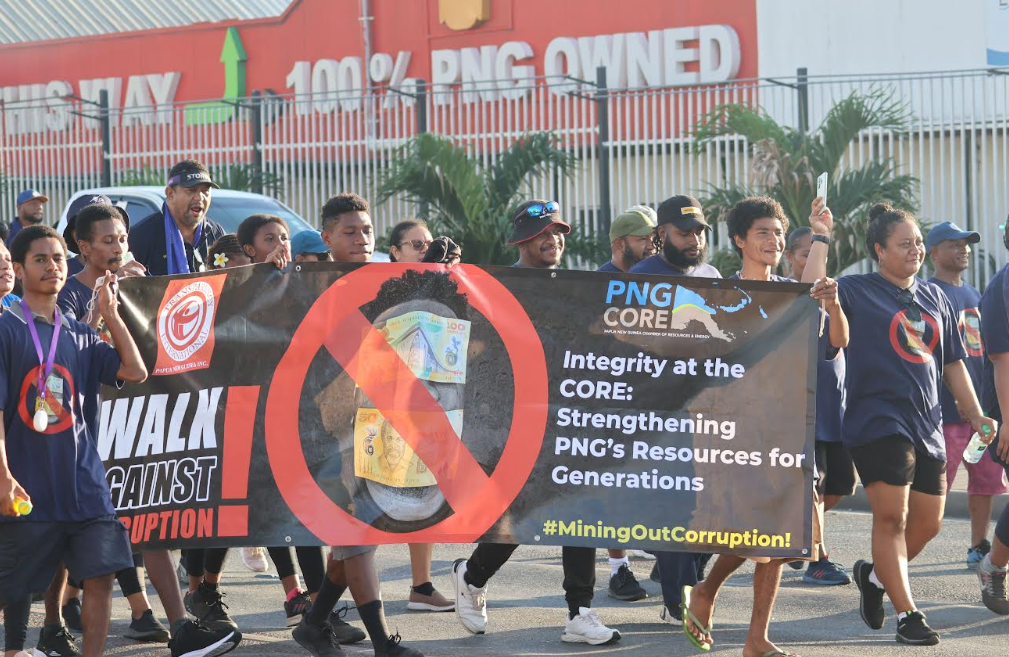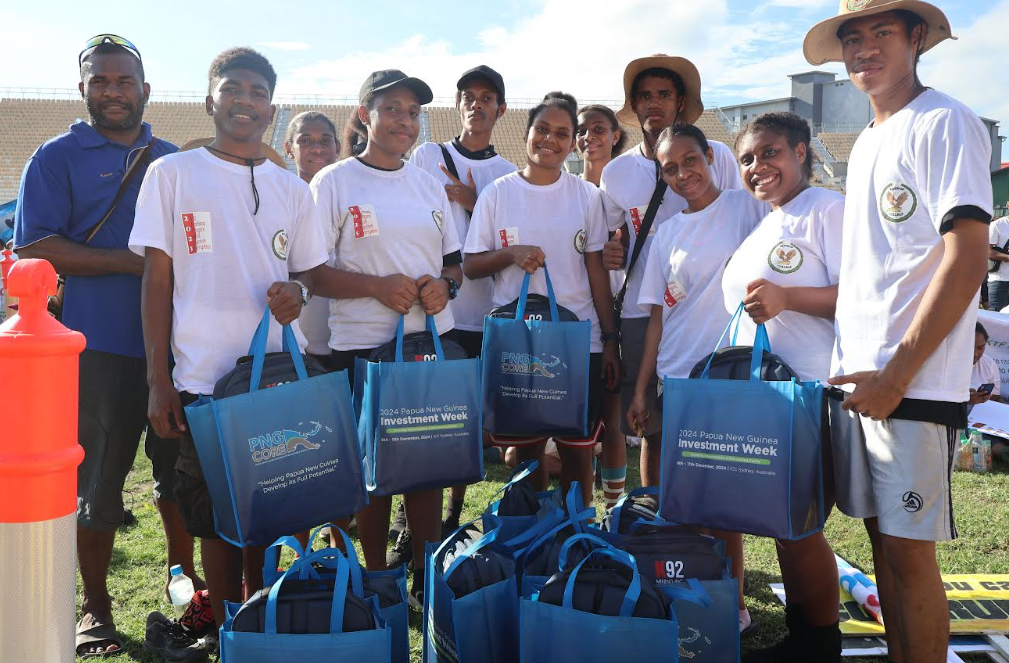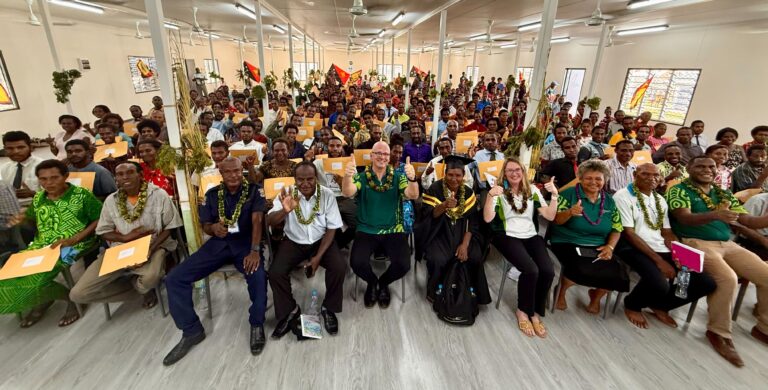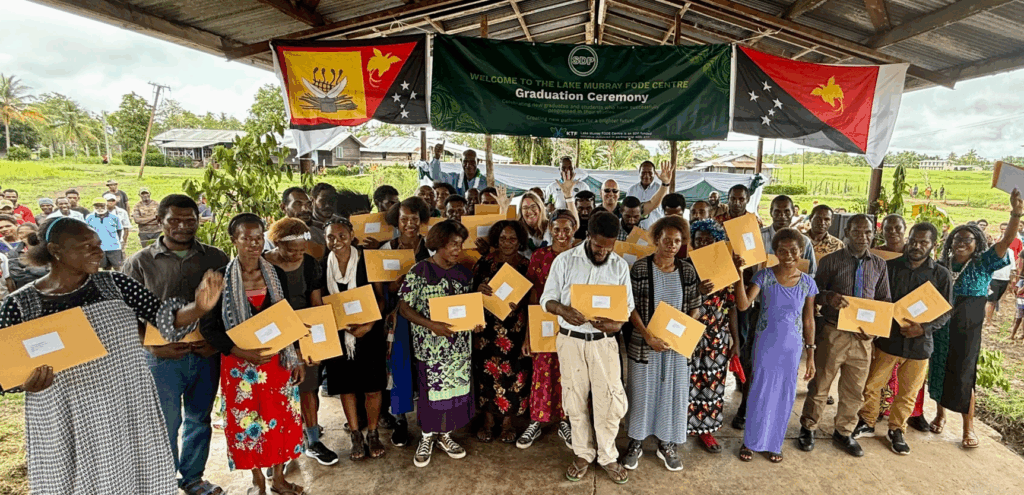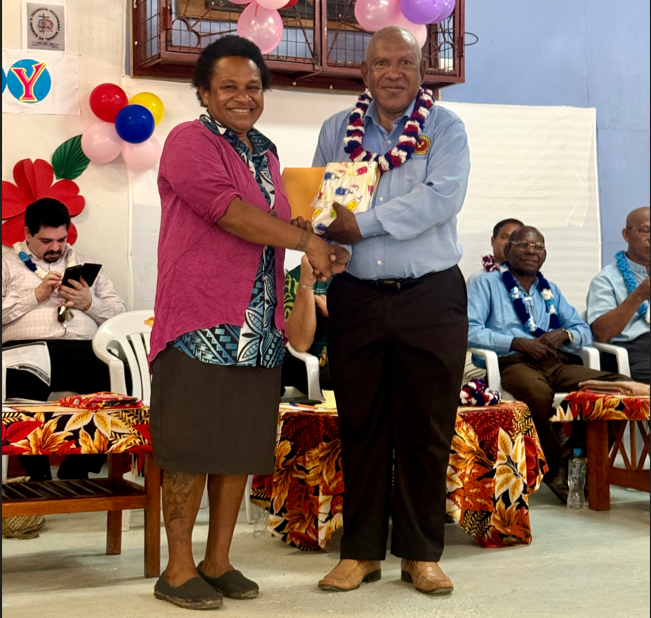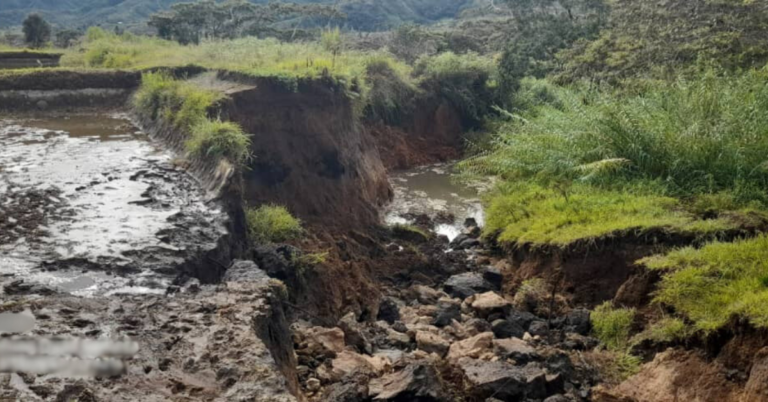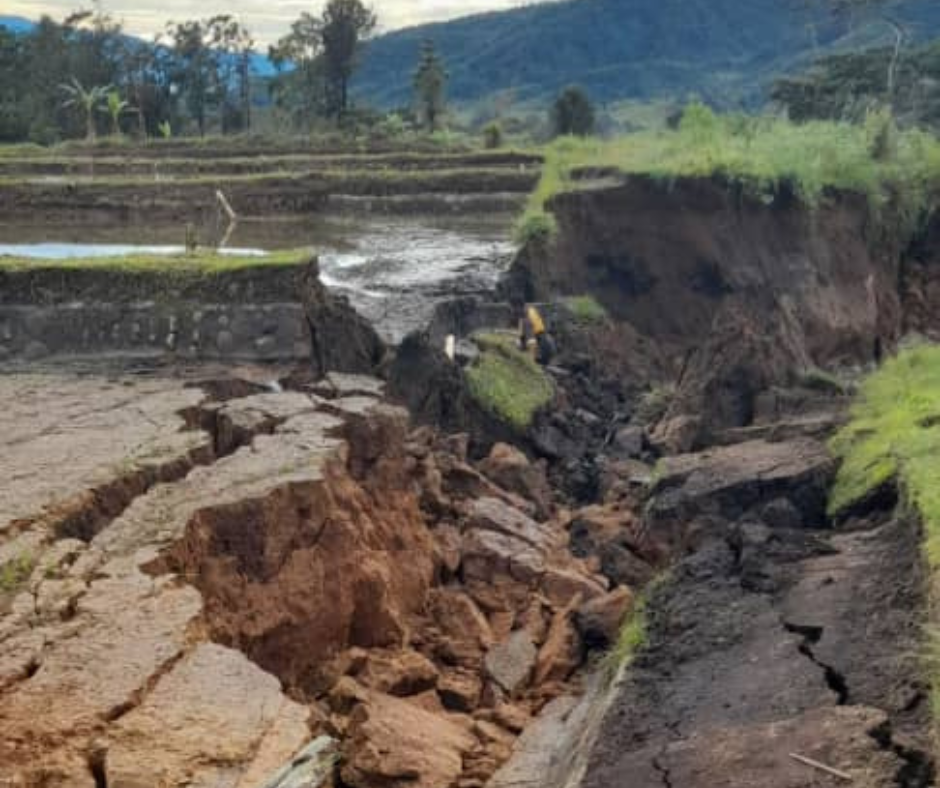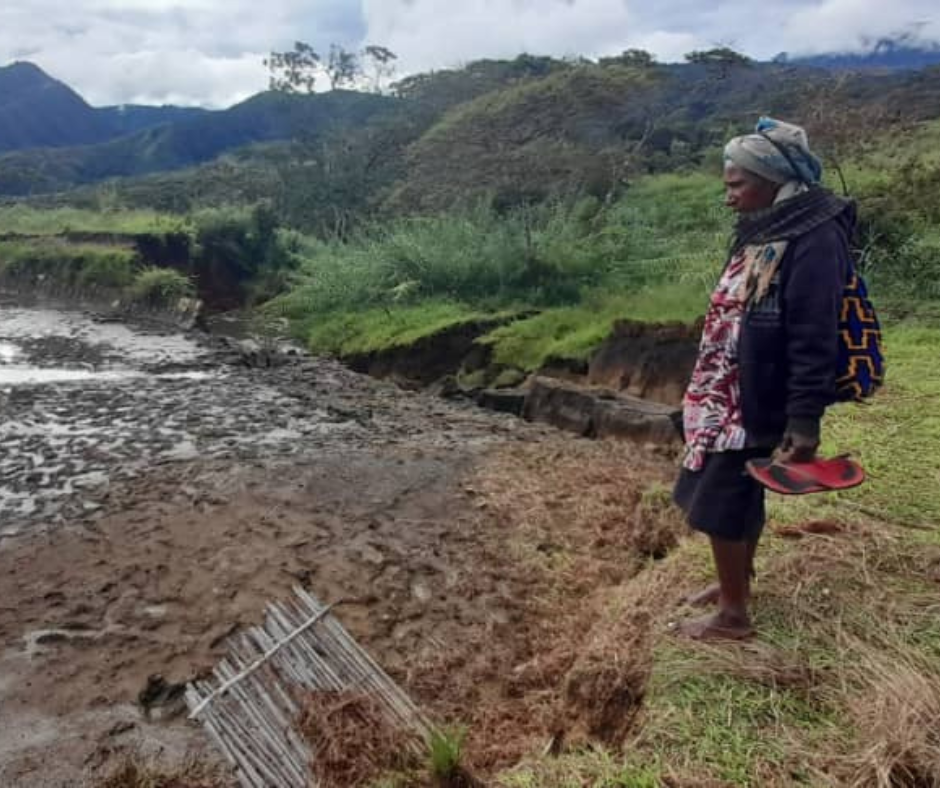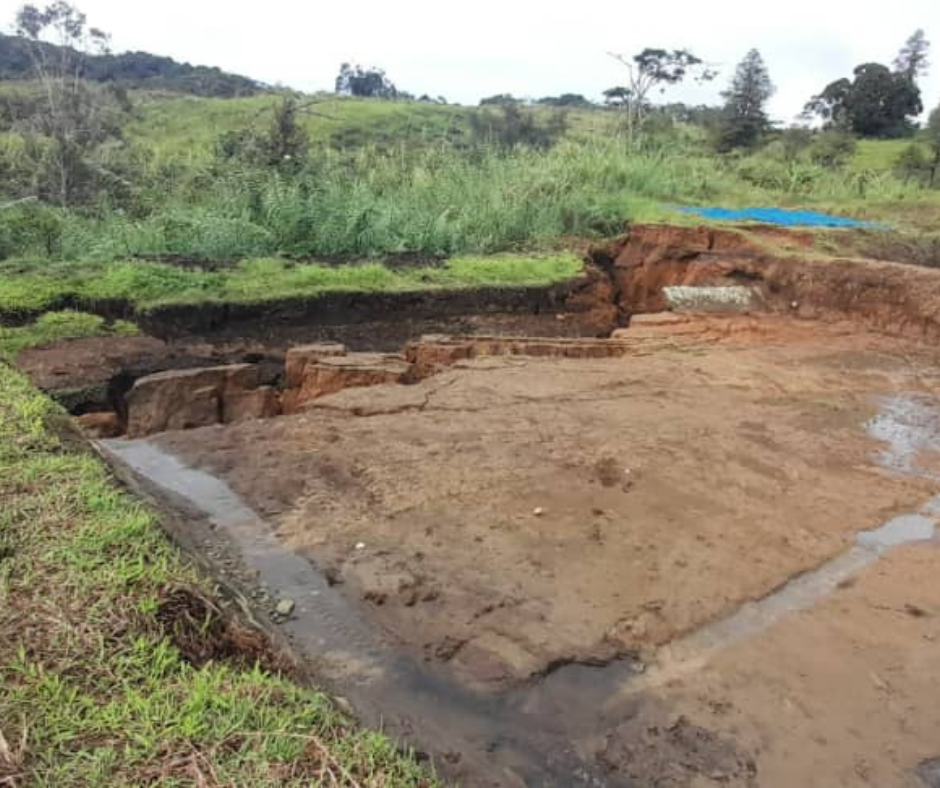A massive environmental effort has seen over 29 million discarded containers recovered across the nation’s two largest cities throughout the past year.
Coca-Cola Europacific Partners PNG (CCEP PNG) recently confirmed that their 2025 green initiative salvaged roughly 791 tonnes of debris. The sheer scale of the reclaimed material is equivalent to the surface area of 15 football pitches or the total volume of seven world-class swimming facilities.
The venture, a collaborative project with Branis Recycling Limited, transforms everyday trash into a source of income for citizens. Individuals bringing used PET packaging to depots in Port Moresby or Lae are compensated with K1.00 for every kilo submitted.
Once gathered, the materials are processed and compacted for overseas transit. Country Director Tim Solly said the operation’s success stems from years of steady growth since its 2022 inception.
“We started this initiative to collect and recycle plastic beverage bottles back in 2022 (with the commencement of the initial pilot program), with our collection partners, Branis Recycling. This year’s results are a clear reflection of our ongoing commitment to help reduce plastic waste.”
While the cleanup happens on the ground in Papua New Guinea, the final transformation occurs abroad. Swire Shipping facilitates this by offering complimentary sea transport to Malaysia, where the scrap is converted into reusable resources.
Notably, the scheme does not discriminate based on branding; it accepts packaging from all local drink producers to maximize its ecological impact.
“We would like to see other beverage manufacturers in PNG join this program. Together we can make a real difference in reducing plastic water and preserving PNG’s environment.”
After retrieving 474 tonnes of refuse in 2024, the project expanded its reach to Lae last May. This strategic move was instrumental in hitting the record-breaking figures announced this week. By merging cash rewards with international shipping networks, the initiative provides a roadmap for how developing nations can effectively combat the global pollution crisis.

